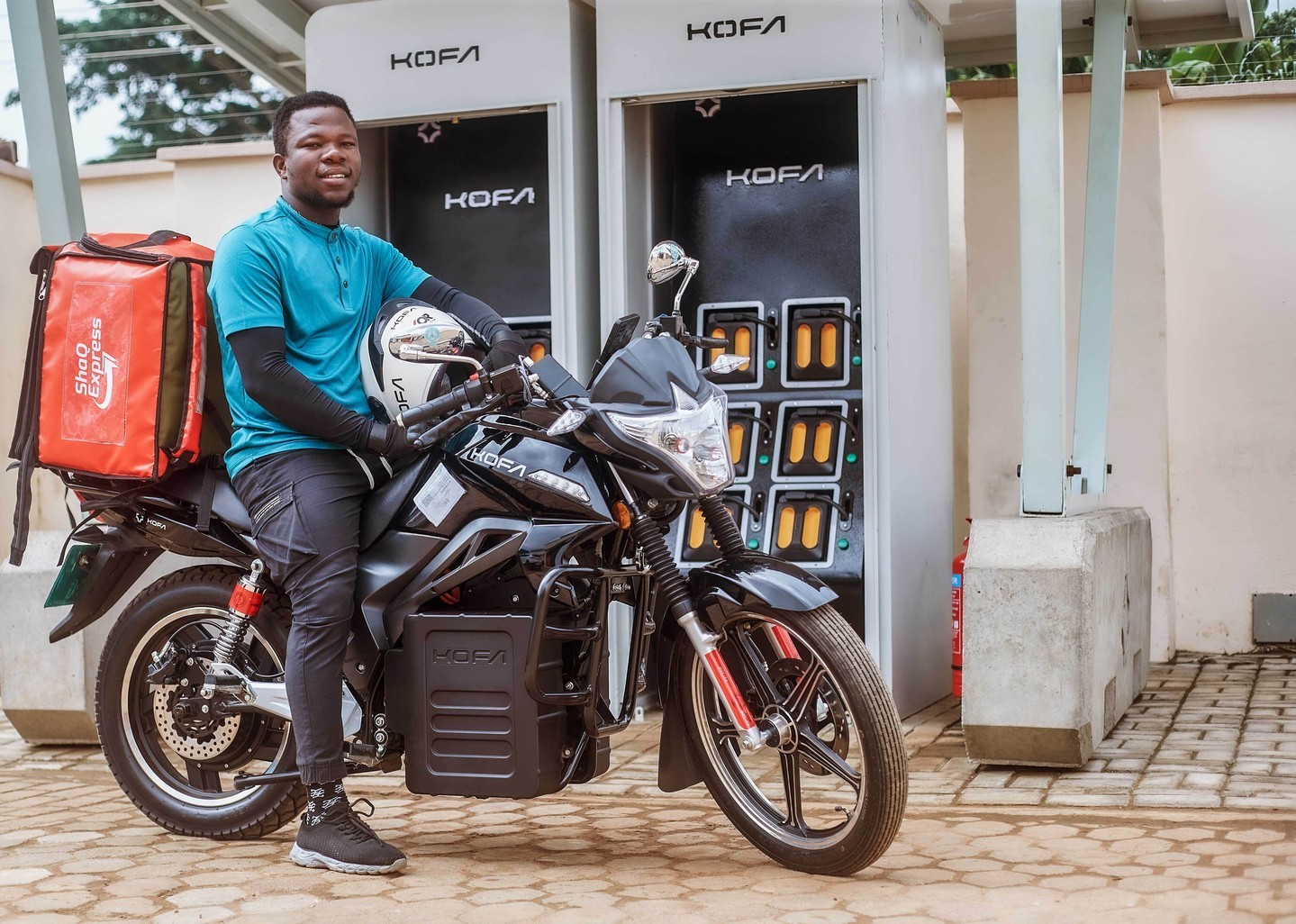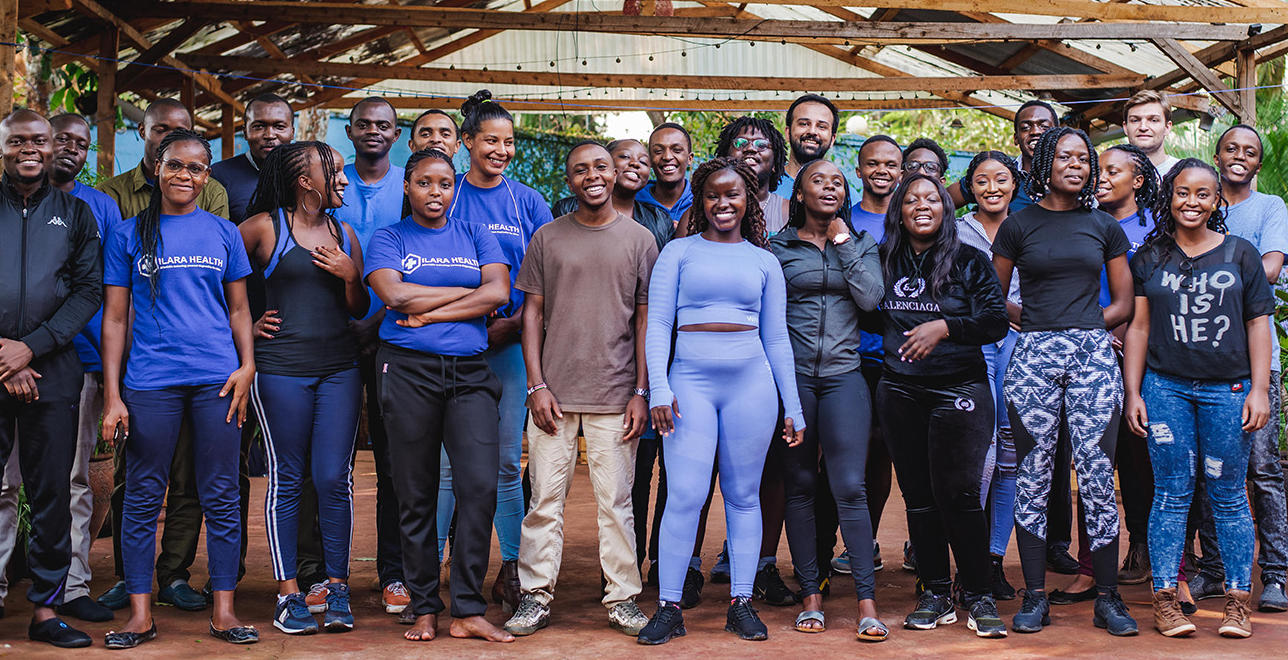Day: October 27, 2023
-

MFS Africa and Madagascar’s Mvola Partner to Facilitate Inbound International Money Transfers
Pan-African digital payments network MFS Africa has joined forces with Mvola, the biggest mobile money provider in Madagascar, to pave the way for inbound international money transfers.
-

Ghanaian Startup Kofa Partners with TAILG Group to Introduce E-Bikes with Innovative Battery Swap Technology in Africa
Ghanaian startup Kofa, a pioneer in battery network solutions, has teamed up with TAILG Group, a prominent electric vehicle (EV) brand hailing from China, to launch the Jidi electric motorcycle.
-

Ilara Health: The Kenyan Health-Tech Bridging the Diagnostic Gap in African Healthcare
Ilara Health is an innovative healthtech startup dedicated to providing diagnostic equipment and services to small clinics and pharmacies situated on the outskirts of urban areas in Kenya.
-

Kenyan Social Commerce Startup, Sukhiba Connect, Secures $1.5 Million to Expand Beyond Borders
Sukhiba Connect, a pioneering Kenyan social commerce startup, has successfully raised $1.5 million in funding to fuel its expansion ambitions beyond the country’s borders.